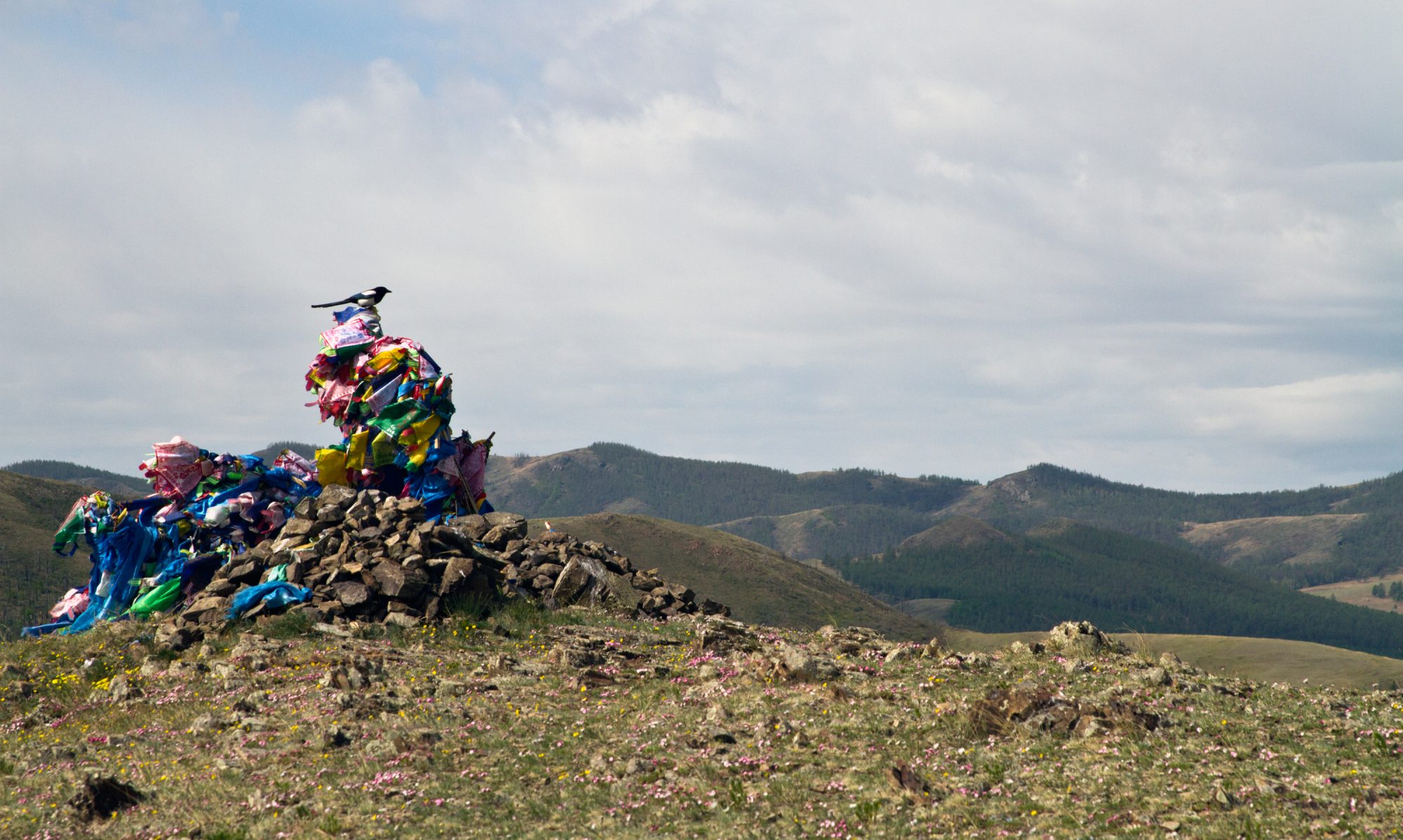There was sudden rain, and the view of the north-west warehouses from the fifth-floor window was sunk in the kind of blue that I usually see only in lowlit photographs from digital cameras. Other people weren’t surprised, it was predicted. But I didn’t know about it, and hadn’t packed a lunch. I was counting on my burrito, rain or shine. I went out and did a ducking sort of run and reached the canvas cover of the burrito cart. The rain wasn’t the usual Portland rain, but sharp and swift and it came in at an angle. The cart was empty and unminded; the surface of the salsa was getting filmy, the cheese was starting to drown, and the wind was knocking the tinfoil around from one side of the counter to the other.
Where I was standing, the rain was blocked from going down my neck by the overhang, but it hit me all up and down the back of my legs, which now itch, and my feet are still wet. The cart stayed empty for several minutes. I don’t like a burrito but once a week, but when I want it I want it then, so I stayed. Several minutes of hopping from one foot to another, trying to peer around in the rain, ducking back under cover. Then I remembered I had inexplicably put a book in my pocket before coming outside. Good instinct however. I stood reading for several minutes before the strikingly green-eyed, skull-headed (hollow sockets, a vanishing nose with two long, upturned nostrils) burrito minder returned.
I read an argument that began with this premise: there are two approaches to the world, the otherworldly and the this-worldly. The this-worldly aren’t only those who don’t believe in life after death, but also those who did but thought it was like life now, only more so: with work, praise, society, and love; life, as it is, only pruned of pain or tedium. But those who think that there is no good to be found in this world and all that is good can only be the opposite of what we see, that this world is essentially valueless. I don’t know how far that goes in context, but out of it, it’s a fine was to divide everyone I know who works.
There are those who think their jobs are okay, but there are some things they’d like to change, but over all they are doing what they want to do. Then there are others, for whom all work is bad, it can’t be improved or ameliorated apart from making it vanish, and the real, true life is confined to what happens outside of working hours. Time goes on two tracks for this group, and the two don’t intersect.
But in the analogy, everyone in the second category is secretly a counter-platonist. Because the other-worldly person, according to the book, thinks of the other world as inviolate and separate and not dependant on this world. This world is a nothing, an illusion, or an offense. Even the adoration of the other world which he practices is a defilement, and unworthy of that world. There can be no connection. It is the platonist other world, which is purity, truth and reality itself.
But Plato himself, this is the beginning of the story, made a strange reversal, just at the point where he had developed the idea of the involate other world. At this point he turns and incorporates a strange version of this-worldism; the world that we live in turns out to be the product of the other world, what is good in it comes from that other world and so does what is bad, which is a corrupted version of the otherworldly good. Further reasoning along this line concludes that not only is the self-sufficient world the source of this world, it is also dependant on this world, its own characteristics are imperfectly expressed if it cannot be creative. In order to be the pure, good, true and real thing it is, it needs ot be the source of the less true and the imperfect thing that it creates. The blinding light creates and needs to create shadows and half-light. The shadows and the half-light, their imperfection, is part of the overall perfection, and they are themselves thus good.
But for the other-workly person, the real work, the real life, is enabled by the bad in this life, the pain in here and now is the foundation for the true glory yet to come. In order for the real life to exist at all, the work and the drudgery must be gone through, the real work or the real life wouldn’t be possible otherwise. And in the complementary turn to Plato’s, the real work is what gives this work its meaning, it is what makes it bearable. This work, as it is, is good; since it enables the other.
The burrito maker returned. I asked whether on days like this she really appreciated her job. Yes, she said, she’d been standing there, alone, watching the rain this morning, not attracting a line, and thought now why didn’t I bring a book? Reminds me what a good job this is. I said it was like camping, sitting in a tent. She said yes, or a boat. The canvas was flapping, and we were wet. I got extra sour cream and cheese on my burrito, and nearly fell asleep at my desk afterlunch, sitting in my wet things with an over-full belly.
